Last Updated: 04/09/2025
Poodle Breed Guide
Wanting to know more about one of the most popular and intelligent dog breeds? Take a look at our comprehensive Poodle breed guide.
Author: Dr Teagan Lever BVSc (Hons)
Reading Time: 8 minutes - short read
Dignified, athletic and intelligent, the Poodle is a breed recognisable for its signature, dense curled coat and popular the world round for its trainable and affectionate nature. Originating as a water retrieval dog over 400 years ago, minature and toy poodles were then bred as companion pets for those requiring a more compact pet to fit an urban lifestyle. Poodles are often recommended as a breed for pet parents with allergies as they shed far less fur and dander than other dog breeds.
All about Poodles
Place of origin
Germany
Weight range
Toy: 2.5 - 4kg, Mini: 6.5 - 8kg, Standard: 20 - 32kg
Breed size
Toy, Miniature & Standard
Height range
Toy: 24 - 28cm, Mini: 28 - 35cm, Standard: 45 - 60cm at shoulder
Breed group
Non sporting/ Utility
Life expectancy
10-18 years
Coat colours
10 standard colours: apricot, black, blue, brown, cream, grey, red, silver, silver beige, white
Grooming needs
High maintenance, regular brushing & trims needed
Coat type
Wiry outer hair and a dense undercoat
Health issues
Cushing's disease, hypothyroidism, progressive retinal atrophy, patella luxation, hip dysplasia
Shedding factor
Very low
Exercise needs
Require daily activity
Play style
Highly intelligent therefore requiring mental stimulation
Housing needs
Toy and miniature poodles are suitable for apartment living, standards are not due to their size and energy needs
Trainability
High, due to high intelligence
Social needs
Moderate
Family suitability
Good family pet
Tendency to bark
Low
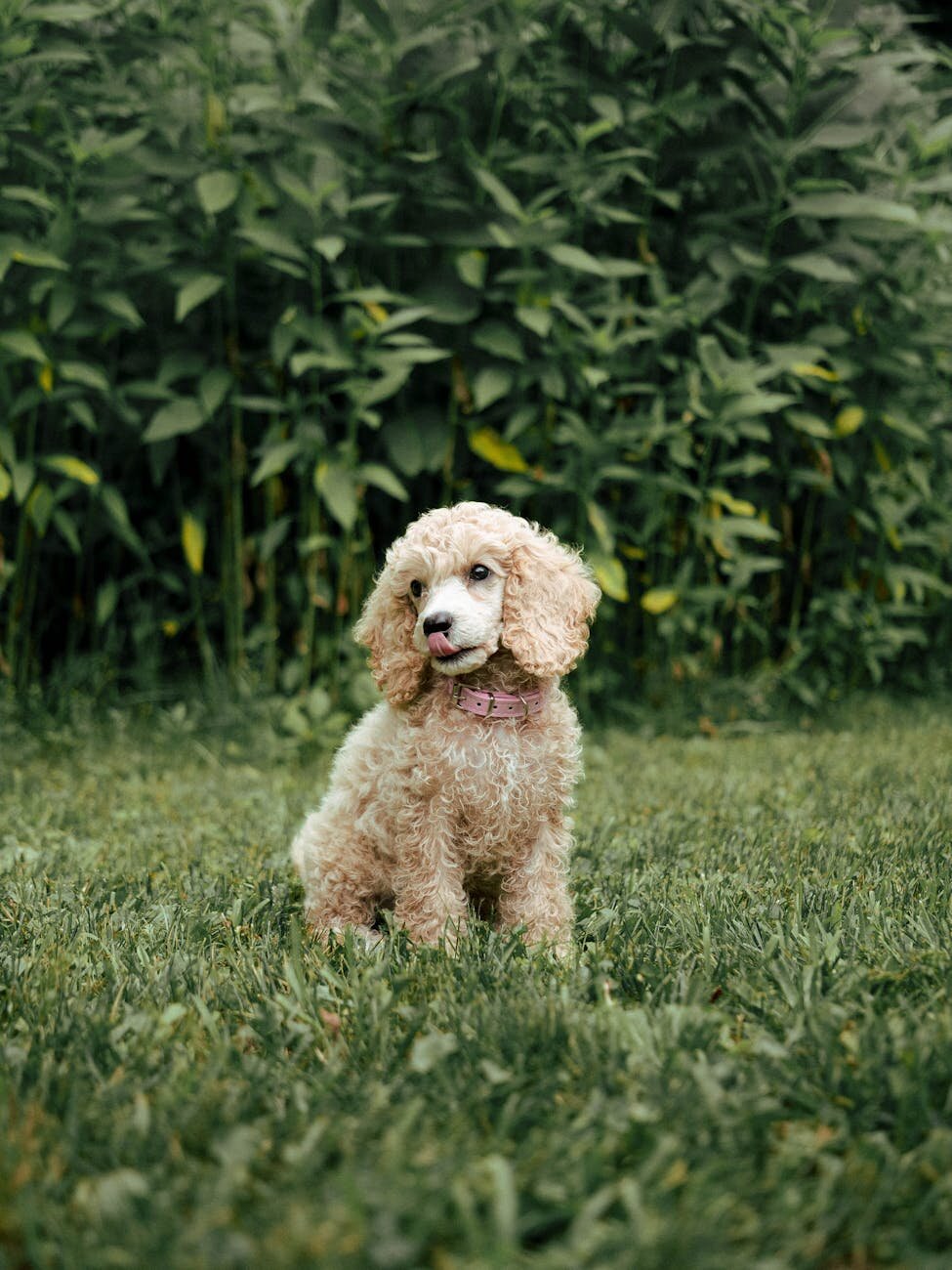


Nutrition
Feeding a high quality diet that is tailored to your Poodle's age and size will help to keep them healthy and happy. Getting nutrition right can help to prevent, reduce or manage some commonly occurring health conditions in Poodles.
For adult poodles, age-appropriate diets formulated for their specific size are ideal. To optimise coat condition and shine, look for recipes enriched with additional omega fatty acids and other nutrients to support vibrant colour, healthy skin and a lustrous coat.
For more information have a look at What is the best dog food for Poodles? and Breed diets: Are they worth the hype?.
The choice of food for your adult Poodle will depend on the breed and size of your dog. The following diets include additional ingredients to support vibrant colour, healthy skin and a lustrous coat
What to look for
Age-appropriate and specific size diet
Tailored kibble size and shape
Omega 3 fatty acids for skin and coat health
Vet picks
Best food for Poodle puppies
It's best to feed your young poodle a premium quality puppy food designed to suit the health needs of their size; for Toy and Miniature Poodles a good quality small breed puppy food and for Standard Poodle puppies, a large breed puppy food. Toy and Miniature Poodles reach their adult size and weight at around 10-12 months of age, so should continue to be fed a premium puppy food until this age. Standard Poodles, as medium to large breed dogs, may not reach their adult size and weight until around 15-18 months of age. For more information, take a look at What is the Best Puppy Food? and for answers to all your puppy feeding questions, check out Everything You Need to Know about Feeding Your Puppy.
Bring home a puppy is an exciting time, though it can be overwhelming with so many things to learn about puppy care, behaviour and training. Take a look at our New Puppy Guide to help you prepare for those first few weeks and months with your new family member. For tips on combating some of those problematic (but entirely normal) puppy behaviours, like inappropriate chewing, take a look at our Puppy Training Guide.
With their intelligence and social nature, puppy preschools offer a safe environment to introduce your Poodle puppy to new people, smells, sounds, environments and other dogs. Puppy preschool also introduces the techniques used in positive obedience training. For more information, take a look at the Importance of Socialisation.
What to look for
Balanced energy and protein levels ideal for puppy growth
Highly digestible formula to help prevent tummy upsets
DHA for healthy brain and eye development
Vet picks
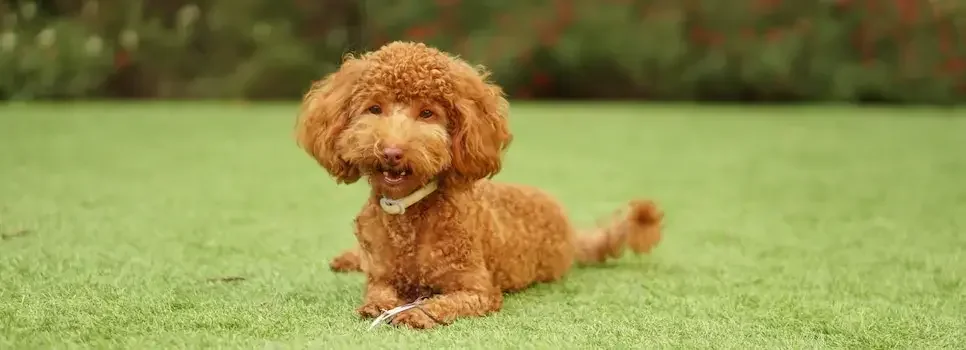
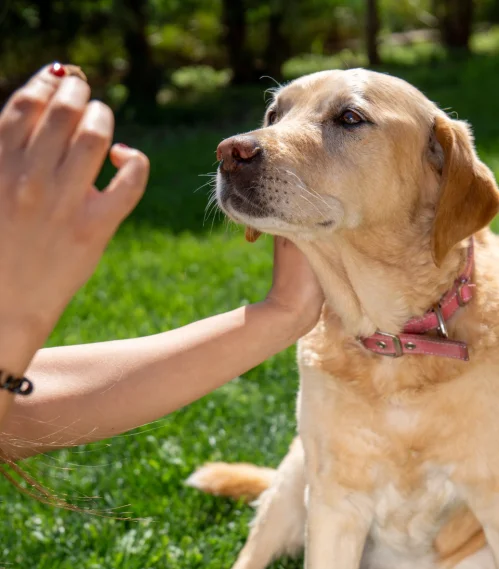
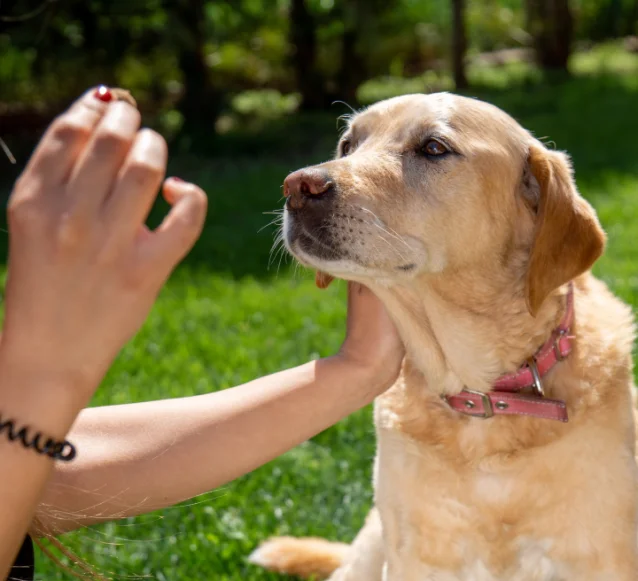
Flea & worming
Keeping your Poodle protected year round against common parasites is essential to maintaining their health. This should include coverage against fleas, ticks, heartworm and intestinal worms.
Best flea and worming treatments for Poodles
As Poodles require frequent grooming oral flea and worming treatments are ideal as they will not wash off with bathing. To keep things simple, you could opt for an all in one monthly chewable or tablet, or opt for an annual heartworm injection supplemented by monthly worming and oral flea and tick treatments.
What to look for
Oral chews and tablets to avoid reduced effectiveness from bathing
All in one products for simplicity
Always double check the weight range to ensure an effective dose
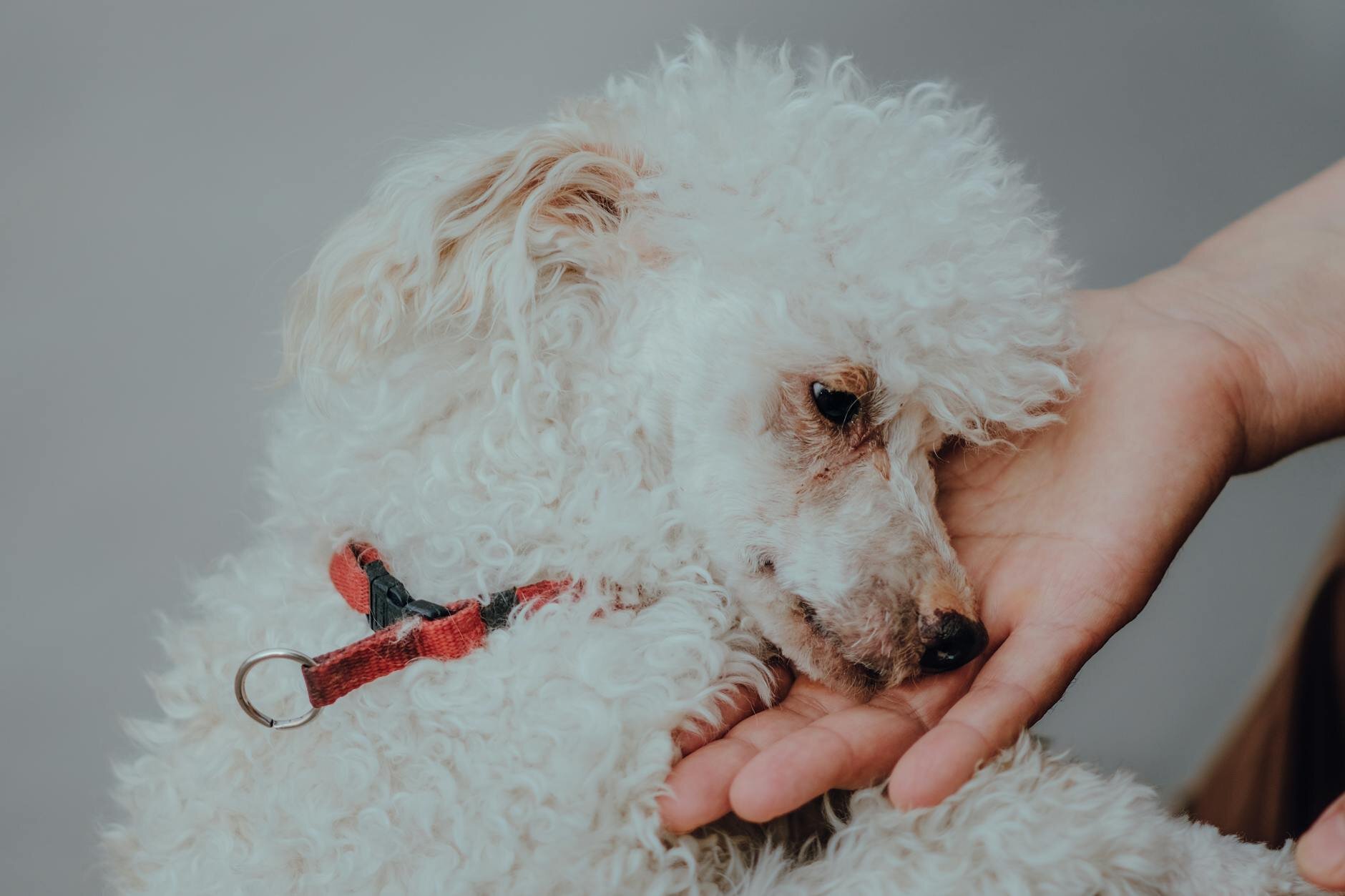

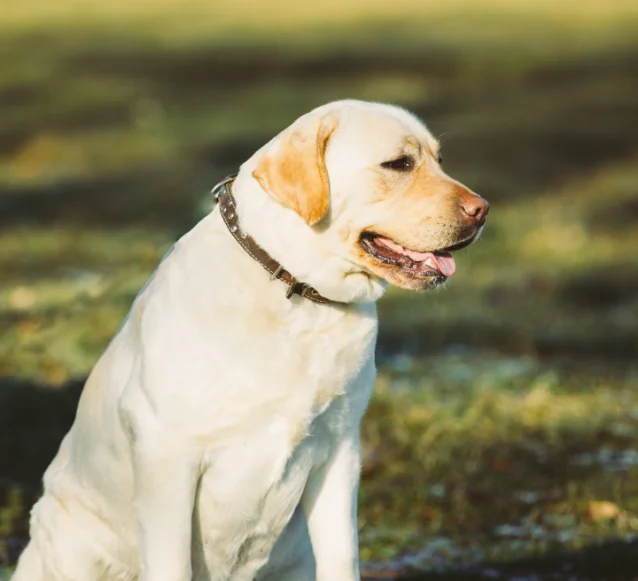
Health
Although Poodles are generally quite healthy, like any purebreed they can have a predisposition to a few health conditions. Some common health conditions to look out for include eye diseases, Thyroid and Cushing's disease and some hereditary joint conditions. Standard poodles can be prone to bloat due to their deep chested-nature. Regular veterinary check ups, dental care and coat maintenance can help ensure a long lifespan.
Best products for joint health in Poodles
Two orthopedic problems, Legg-Calve-Perthes and luxating patellas (wobbly kneecaps), are more likely to occur in Toy and Miniature Poodles than in Standards. The Standard variety can be prone to Hip Dysplasia. It is important to keep your Poodle at an ideal body weight and consider a joint supplement for joint health and a diet with joint support ingredients if applicable.
What to look for
Joint support supplements based on marine sources of omega fatty acids such as green lipped mussel powder or fish oil
Diets that contain joint care ingredients
Mobility support aids such as ramps, stairs and support slings if required
Best products for managing dental health in Poodles
Poodles are prone to dental disease due to their small mouths leading to tooth overcrowding. This overcrowding can lead to further teeth malpositions increasing plaque retention and making tartar build up more likely.
The consequences extend beyond bad breath and oral discomfort; bacteria from advanced periodontal disease can enter the bloodstream and contribute to serious systemic health issues affecting the heart, kidneys, and liver. Diligent dental care, including regular at-home brushing, providing dental chews, and scheduling professional veterinary cleanings are critical components of a Poodle's overall health and longevity.
What to look for
Veterinary dental or oral care diets
Toothbrushes and pet-specific toothpastes to enable regular toothbrushing at home
Veterinary Oral Health Council (VOHC) tick of approval on dental care products
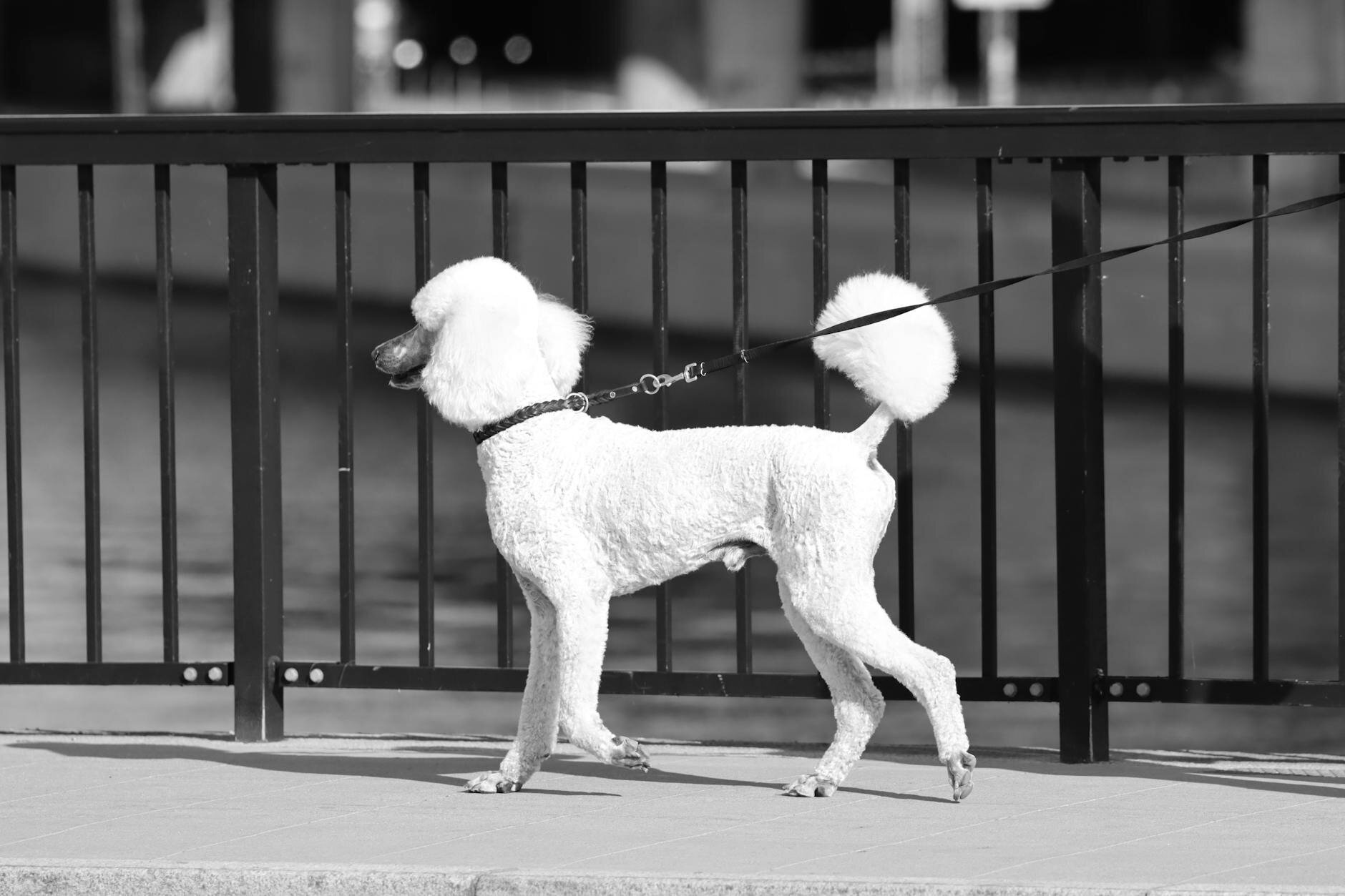


Training and activity
Poodles are intelligent and energetic dogs that thrive on both mental and physical activity. Regular training is essential for them, not just to teach obedience but also to keep their sharp minds engaged. They excel in various dog sports such as agility, obedience, and even scent work. Daily walks, playtime, and puzzle toys help meet their activity needs and prevent boredom-related behaviors. With their eagerness to please and quick learning ability, poodles respond well to positive reinforcement and consistent routines.
Best Toys for Poodles
With their playful and intelligent nature, the best toys for Poodles are those that challenge their minds and keep them active. Puzzle toys and treat-dispensing toys are great for mental stimulation, while interactive toys like tug ropes and fetch balls help burn off energy. Choosing a variety of toys that combine physical and mental engagement is ideal and rotating toys can also improve engagement with them.
What to look for
Fetch toys to burn off some energy
Puzzle toys for mental stimulation
Chew and tug toys
Best harnesses, collars and walking accessories for Poodles
Daily walks are also an essential part of caring for a Poodle. The key is to prioritise their comfort and safety when out walking. Keep plenty of high value training treats on you when out and about to help reinforce good behaviour.
What to look for
Choose a lead and collar or harness based on what you and your Poodle prefer
Collar with an ID tag for identification
Bite sized, high value treats and a treat pouch for training on the go
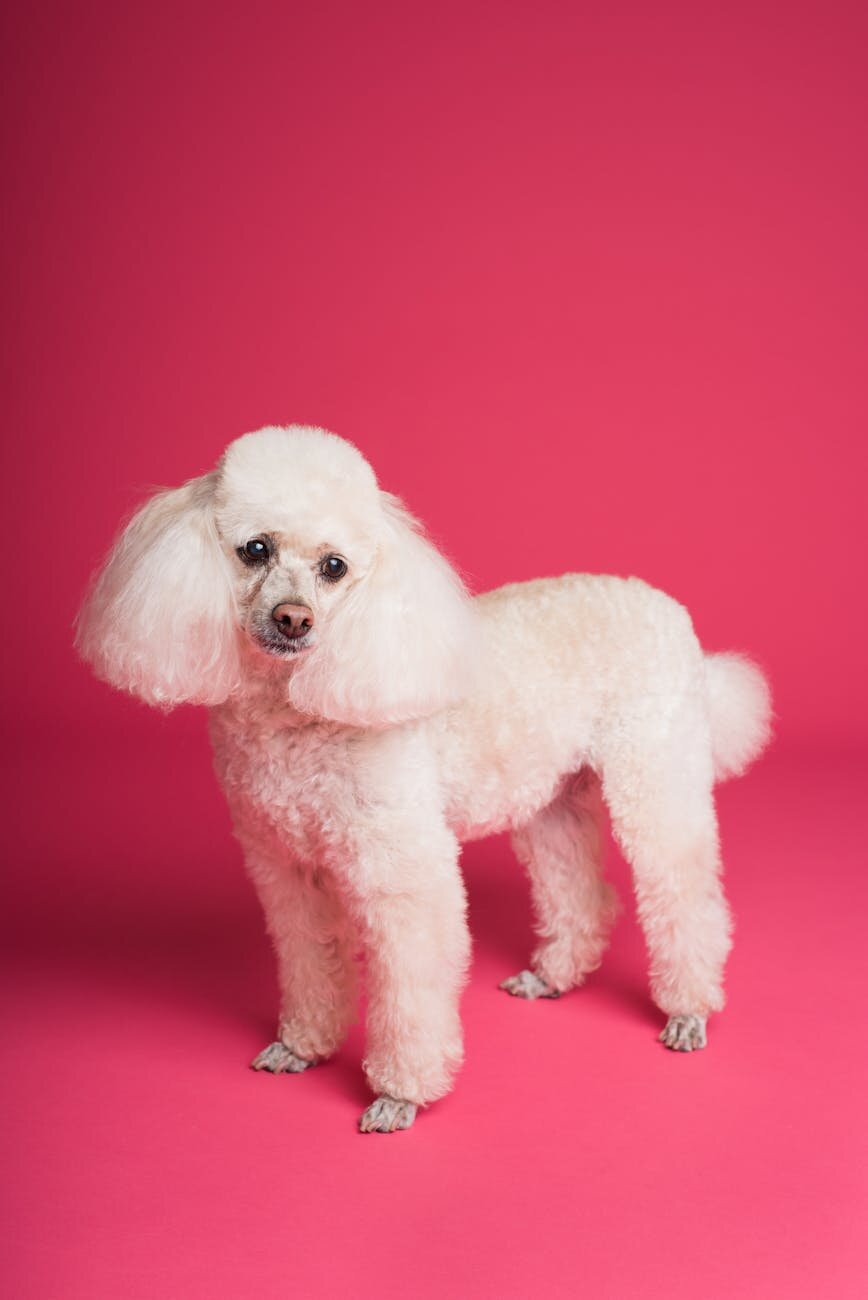


Poodle Grooming
With their signature look, a poodle coat takes a special type of care to keep it looking it's best. Rest assured that it is not necessary for your Poodle's coat to be clipped in the well-known 'Lion Clip'. A lamb-clip (where the coat is kept at the same length all over) is often easier and cheaper to maintain.
Bathing is important to keep the coat looking in top condition, however bathing too frequently can strip the coat of it's natural oils and cause it to become dry, flaky and irritated. Ear care is also important, as the ear canals are often hairy, and along with the beautiful floppy ears, this can predispose poodles to ear infections. Weekly ear cleaning at the same time as coat grooming will help to minimise any infections.
What to look for
Gentle ear cleaners to for use after bathing and swimming
Grooming tools appreciate for their coat
Shampoos and conditioners that support a healthy skin barrier
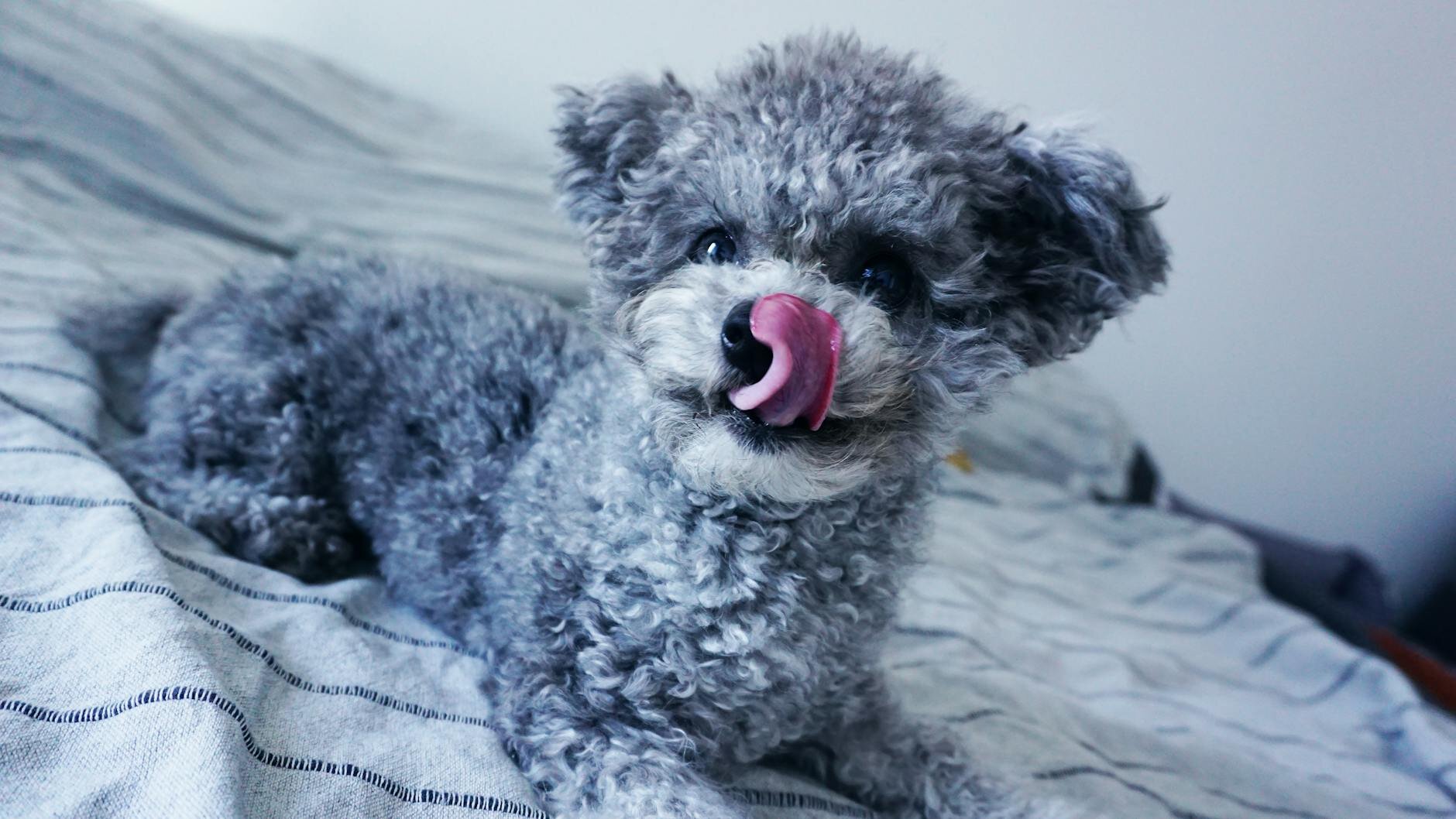


Sleep and home
Poodles need a comfortable and quiet space to rest, as quality sleep is important for their health and well-being. On average, adult poodles sleep around 12–14 hours a day, while puppies and older dogs may need even more. Providing a cozy bed in a calm area of the home helps them feel secure and relaxed. Since poodles are social dogs, they often prefer sleeping near their family rather than in isolated spaces.
Best beds for Poodles
A comfortable and supportive bed is best for your Poodle to ensure they get a restful sleep.
What to look for
Cosy and plush beds for comfort
Durable, machine washable covers
Size will depend on what size Poodle you have

